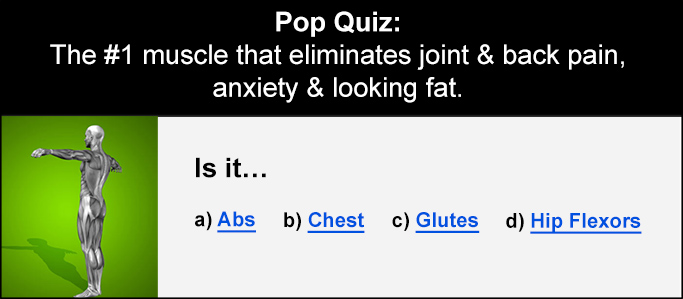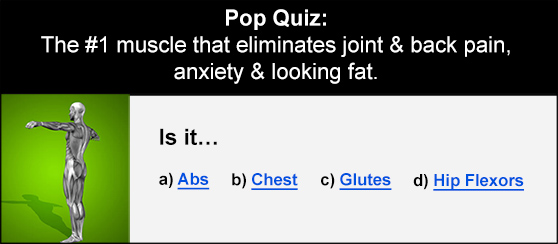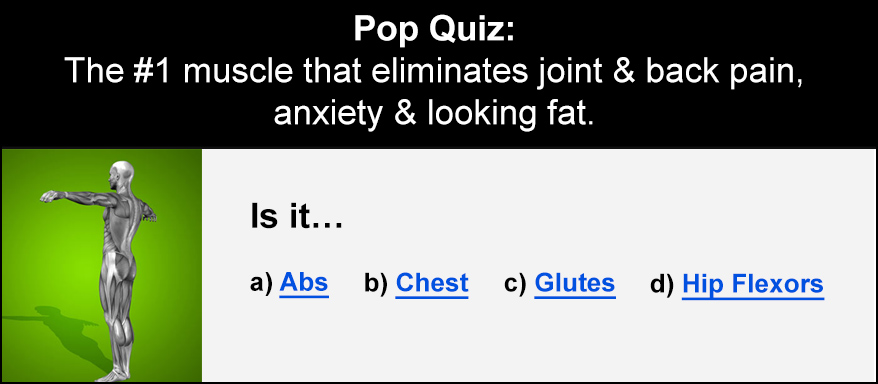
I really do not believe there are many of us out there who never experience stress and anxiety in our day to day living. Let’s be honest . . . life is busy and so many of us are racing to keep up and juggling a multitude of tasks at one time. WHEW! I’m getting stressed just writing that! But here is a little fact for you . . . our body is actually built and designed to take on stress. Not only to take it on but to take huge amounts of stress.
Everything we need to cope with and manage stress from the inside is built right into us. But . . . yes there is a but . . . a big BUT! Our body is meant to come down from all that stress and basically “reset.” This is where the missing link is and THIS is why so many people are completely stressed out, burnt out and living day to day with way too much anxiety present. So if you are one of these people, please keep reading because it’s time to RESET and get back to living in better balance.
In order to better manage our stress levels it’s important to know and have a greater awareness of just how stress and anxiety affect our health. With this awareness, you will be better able to not only recognize symptoms when they come up, but more able to recognize your “triggers” and ultimately develop better management and coping strategies for yourself.
So how do stress and anxiety affect our over all health? Well in many ways, but how stress and anxiety affect you will be different from how it affects someone else. While this list is not exclusive it does target some of the most commonly reported complaints people mention as a side effect of dealing with too much stress for too long:
Headaches
Heartburn
Increased Risk of Depression
Insomnia – which can lead to weight gain
Compromised Immune Function
Elevated Blood Sugar Levels
Fertility Issues
Digestive Issues
Low Libido
So what can you do about any of this? You can take control and begin to do things that will help you manage your stress levels and create better balance and a greater state of well-being both physically and emotionally. Here are some excellent suggestions to give some serious thought to.
*** I do want to mention that if you are taking prescription medication to help you manage extreme stress levels, because of their negative effect on your health, this article is NOT intended to advise you to stop your course of treatment. Please always consult with you physician if you are interested in incorporating any natural remedies to help manage and cope with your stress.
1 Great Nutrition
It’s true, a healthy, well balanced diet that includes mostly “high volume” foods is one of the best things you can do to manage stress levels. If your body is getting quality fuel, then all of it’s systems will be able to perform better . . . and that means better management from the inside out. Make sure your diet is high in fresh whole foods, lots of veggies, lean proteins and good fats. Feed your body, feed your brain to better manage your stress and anxiety.
2 Move Your Body
Exercise, and not hardcore triathlete training exercise, simply moving your body every day for 20-30 minutes has been shown to greatly reduce stress levels by releasing endorphins, “the happy chemicals,” into your bloodstream. Taking time to go for a walk, swim, bike ride or hit the gym also provides a mental break from your day. So get out there and move your body.
3 A Good Nights Sleep
Not just one good nights sleep, but a good nights sleep every night is the goal here. Now that may not happen EVERY night, however if you start to establish some evening routines or patterns that can help get you into a more calm, relaxed and peaceful state before you call it a day, it greatly increases the likelihood of a good nights sleep. And that will be worth it’s weight in gold in helping you to manage and reduce the stress of your day.
4 Visualization/ Guided Imagery
Did you know that your body responds to imagined experiences you create in your mind much the same it does to real life experiences? It’s true! If you find yourself feeling extremely frustrated in the middler of your day, or any time of day, just pause for a couple minutes and close your eyes. Picture yourself anywhere that you would rather be in that moment, somewhere that instantly makes you smile and has you feeling more relaxed; the beach, the park, cozied up by the fire with a good book . . . whatever that place is, picture it, feel it, BE in that space for a couple minutes and feel the tension leave your body.
5 Deep Breathing
This is another fantastic and easy way to quickly alleviate feelings of stress and anxiety when they start to build up. When we are feeling stressed and particularly on a day that we are racing through every second we tend to breath quite shallow and often, without even being aware of it hold our breath at times. This will actually aggravate and feed the body’s reaction to stress. STOP! Stop and focus on taking 5-10 deep belly breaths. While it may sound rather ineffective, deep breathing slows your heart rate and lowers blood pressure and therefore will begin to lower your stress levels.
Again, while stress cannot be avoided, how we respond and manage our stress is very much in our control. Do yourself a favor and take control of your stress and anxiety. Your body, your mind and your entire well-being depend on it.







